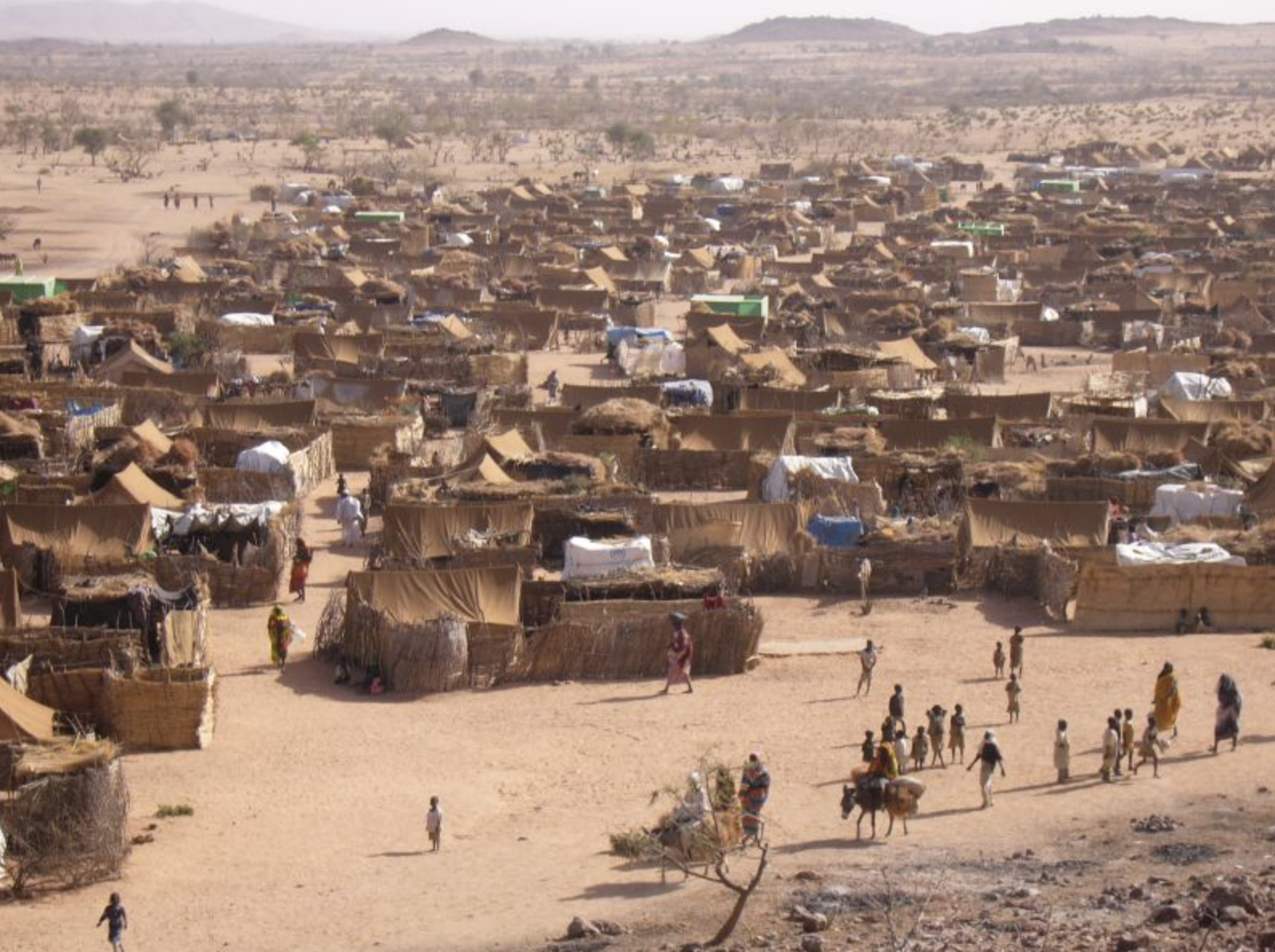New Wave of Deadly Conflict Breaks Out in West Darfur
A Darfur Refugee Camp in Chad. (Wikimedia)
At least 125 people have died in West Darfur, Sudan this month after the indiscriminate murder of two members of the Masalit tribe on April 3 sparked armed conflict across the region. Rekindled conflict in the Darfur region causes concern both for Sudan and for the international community given that the last armed conflict, which lasted from 2003 to 2010, left 300,000 people dead and more than 2.7 million displaced.
Instability in Darfur dates back to Sudanese independence. The region has sharp divisions between the Arab Rizeigat tribe and the Masalit tribe, who traditionally identify as African. When conflict broke out, the pro-Arab Sudanese government, under the direction of Sudanese leader Omar al-Bashir, launched a scorched earth campaign in the form of aerial bombings and militia groups known as Janjaweed, who became synonymous with mass killings and rape.
Al-Bashir’s oppressive regime collapsed in a 2019 coup d’etat, and courts found him guilty of war crimes and genocide. While Al-Bashir’s replacement, the military-civilian power-sharing committee Sovereignty Council, subsequently drafted a peace agreement in 2020 between the Sudanese authorities and numerous rebel factions, the renewed conflict this past month suggests the failure of the accord.
The ongoing violence in Darfur comes just months after the United Nations and African Union suspended peacekeeping missions in the area. While the Sudanese transitional government has expressed a desire to fill this role themselves, inaction and insufficient funds have rendered this desire irrelevant.
With relation to previous conflicts that have sprung up since 2010, those on the ground in Sudan note that this violence has taken on a drastically different tone. According to a doctor working in West Darfur, “Displaced people are saying that their houses have been burnt and that the shooting was random.” Moreover, Babar Baloch, a spokesman for the UN High Commissioner for Refugees, noted, “The refugees arriving in Chad talk of the destruction of their homes and possessions and targeted attacks on refugee sites.” Forces on both sides have targeted civilians and destroyed what little they have left following decades of clashes and instability.
The United Nations demonstrated its support for the Sudanese government when it proclaimed, “All tribes responsible for violence in Darfur must be disarmed and the State must be able to maintain order and ensure the rule of law, including by preventing armed civilians from taking the law into their own hands.” Violence in Darfur comes at a crucial time in the history of Sudan. After toppling the 30-year dictator Omar al-Bashir, the Sovereignty Council has spent nearly a year throwing out unjust laws created under Bashir and designing the infrastructure necessary to hold democratic elections. Therefore, any conflict near the scale of 2010 would destabilize not just West Darfur but Sudan and the Sahel as a whole.
General Abdel-Fattah Burham, head of the Sovereignty Council and de facto president of Sudan, visited the provincial capital of Genena, Darfur in early April to survey the turmoil, vowing to take “decisive action.”

